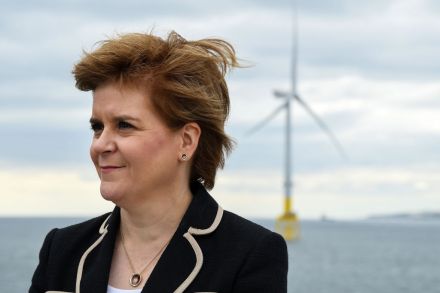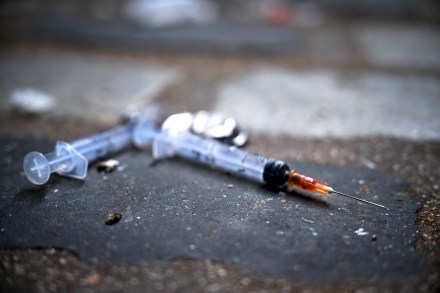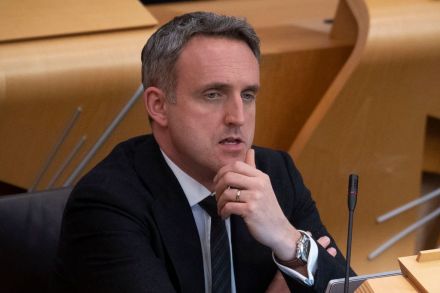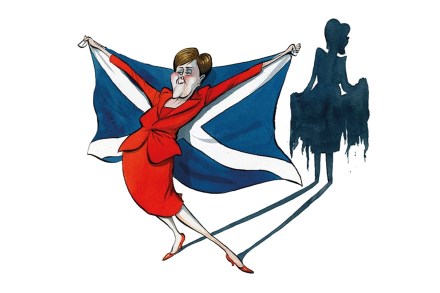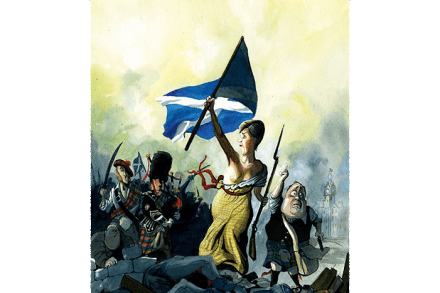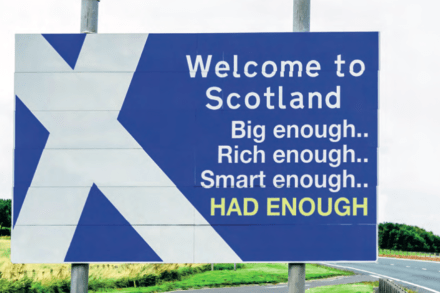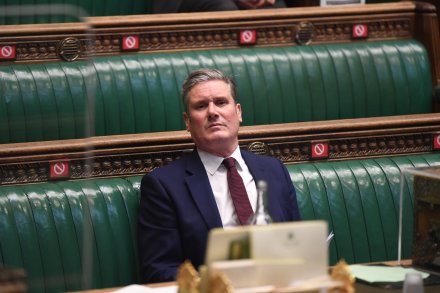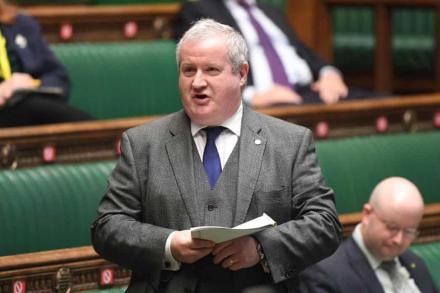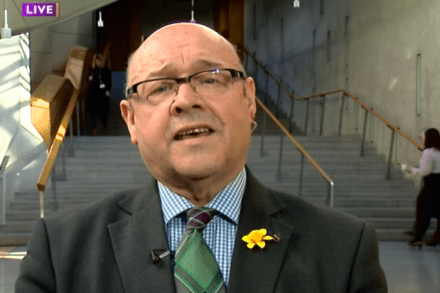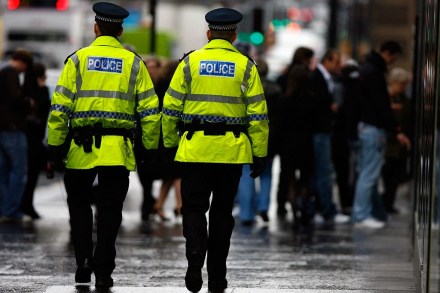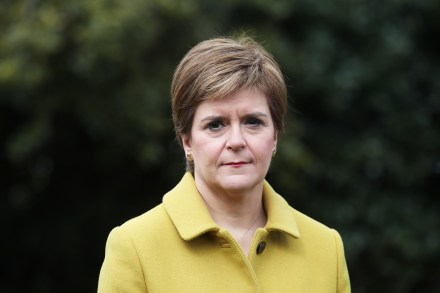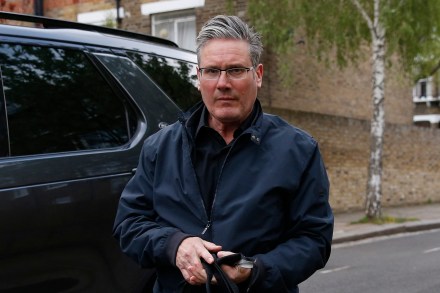Can Scotland reach net zero without the Union?
What’s more important to supporters of Scottish secession, achieving the break-up of Britain or seeing Scotland successfully transition to net zero greenhouse gas emissions? It is a difficult question for environmentally conscious independence supporters to face, but face it they must, for it is becoming increasingly clear that Scotland cutting itself out of the UK will see England, Wales and Northern Ireland power ahead to net zero while Scotland gets left behind. This month saw the publication of the Office for Budget Responsibility’s (OBR) latest fiscal risks report. The bi-annual document identifies and models potential shocks to the public finances. The new analysis has lengthy, detailed sections dedicated to examining
